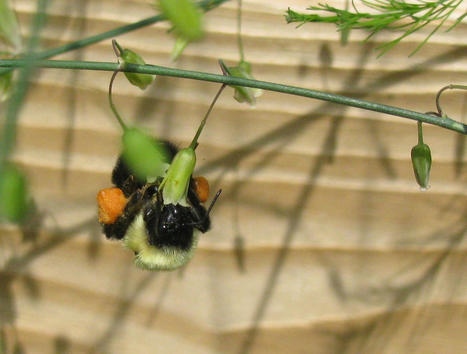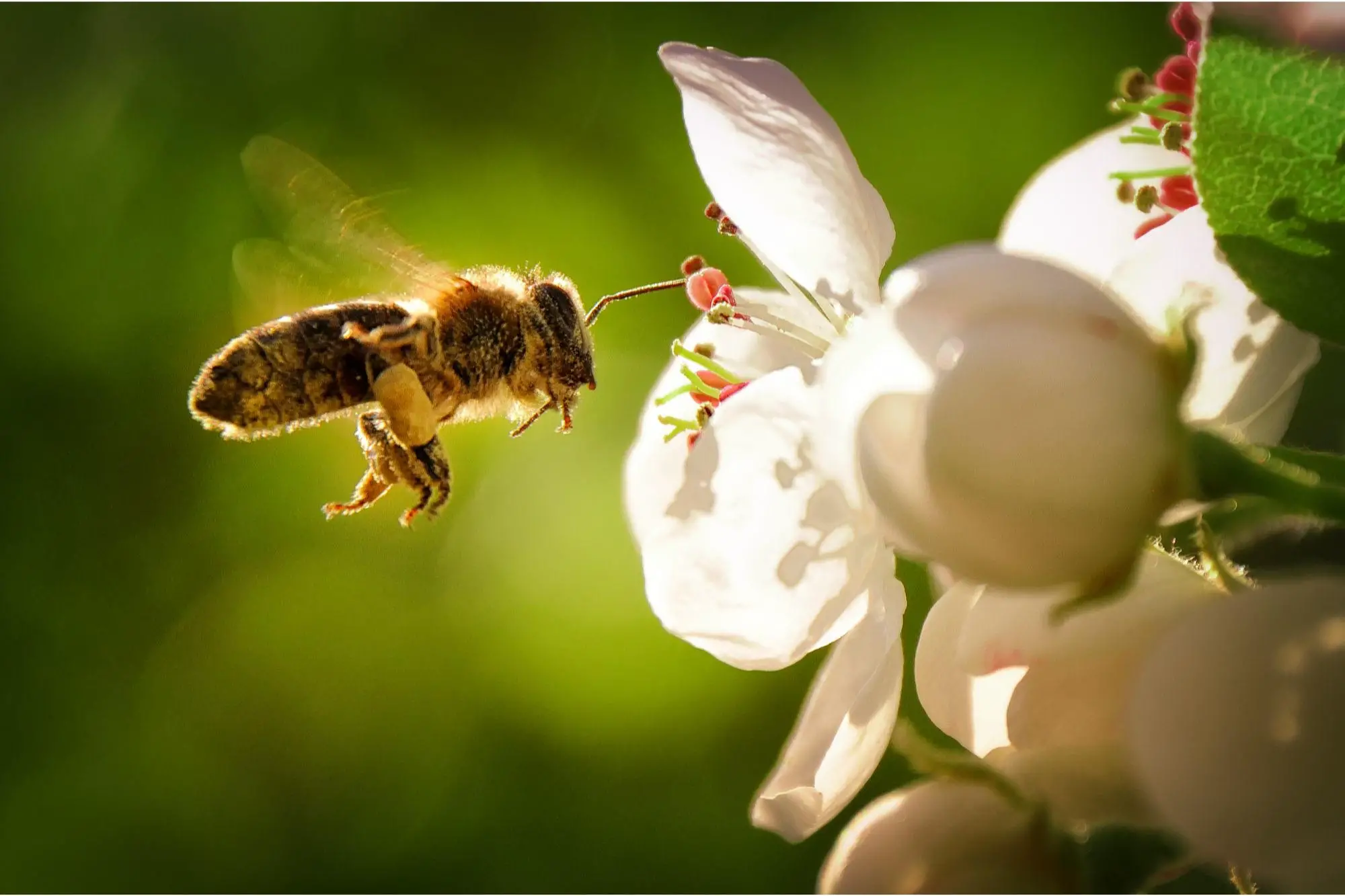
In a fascinating new study, biologists from UC Irvine have made an incredible discovery about cellophane bees – they are the brew masters of the insect world. These bees, known for their use of cellophane-like materials to line their nests, have been found to “brew” a liquid food for their offspring, using lactobacilli bacteria. This discovery sheds light on the intricate microbiomes of these bees and their important role as pollinators. The findings open up a whole new understanding of bees’ nutrition and their impact on their ecosystems. The study highlights the significance of studying the microbiomes of insects and their complex interactions with their hosts.
UC Irvine Biologists Discover Bees to Be Brew Masters of the Insect World
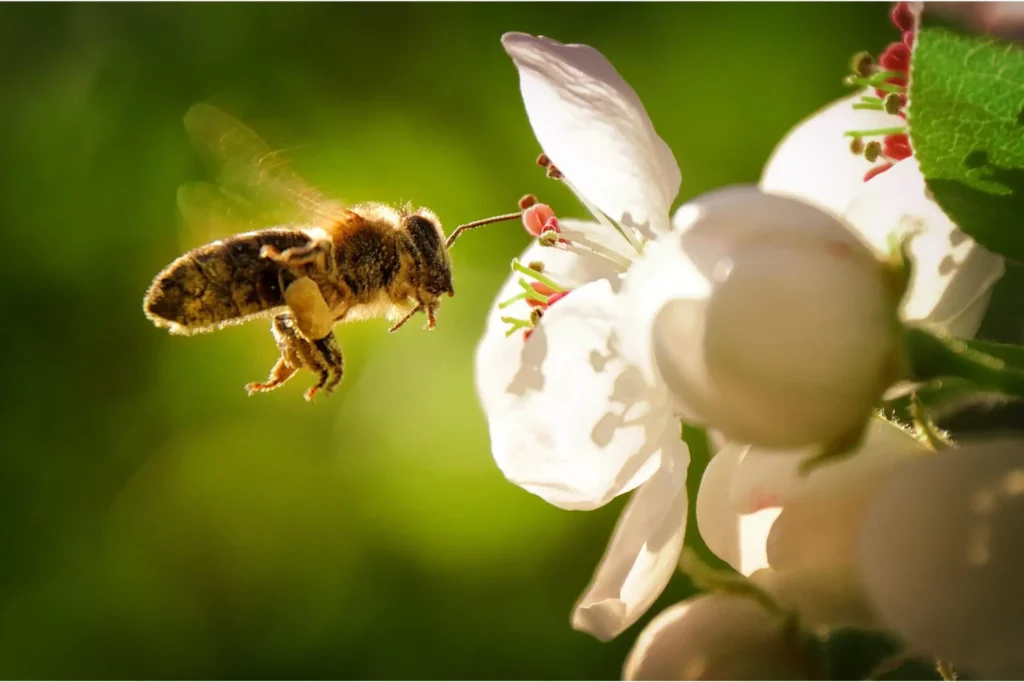
This image is property of scitechdaily.com.
Background Information
Bees are well-known for their vital role as pollinators in ecosystems around the world. However, a recent study conducted by biologists at the University of California, Irvine has uncovered another fascinating aspect of these insects – their ability to brew a liquid food for their offspring. This discovery sheds light on the complex microbiomes of bees and their interactions with microbes, revealing the important role these tiny creatures play in their ecosystems.
Overview of the Study
The study focused specifically on cellophane bees, a species named for their use of cellophane-like materials to line their subterranean nests. These bees exhibit fascinating behaviors and are known for their important ecological roles as pollinators. The researchers discovered that cellophane bees “brew” a liquid food for their offspring, which is stored in chambers called brood cells. These brood cells were found to be dominated by lactobacilli bacteria, known for their role in fermenting foods like yogurt, sauerkraut, and sourdough bread.
Importance of the Study
This study is significant because it provides insight into the evolution of fermentation-based symbioses and the role of microbiomes in insects. Most bees obtain their nutrition solely from nectar and pollen, but cellophane bees appear to have evolved into omnivores, utilizing lactobacilli bacteria as an additional source of nutrients. Understanding these unique relationships between bees and microbes is crucial for grasping the intricacies of bee biology and the impact they have on ecosystems.
Collaborating Institutions and Funding
The study involved collaboration between researchers at several institutions, including Cornell University, the Smithsonian Tropical Research Institute, UC Riverside, Colorado State University, and the University of Arizona. Funding for the research was provided by the National Science Foundation, the U.S. Department of Agriculture, and the Simons Foundation.
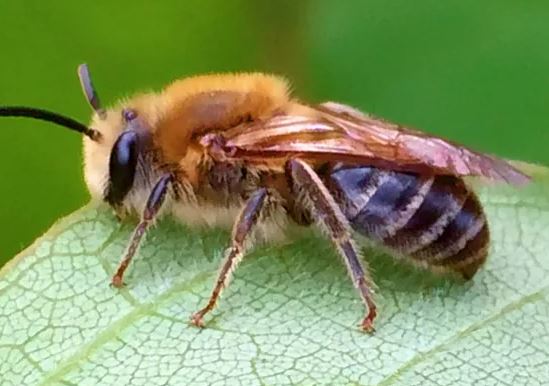
This image is property of almerja.com.
Microbiomes of Insects
Microbiomes, the communities of microorganisms that inhabit the bodies of living organisms, are often overlooked in research on insects. However, they play a significant role in ecosystems by influencing various aspects of an organism’s health and behavior. Understanding the composition and interactions within these microbiomes is crucial for comprehending the biology of insects and their contributions to the ecosystems they inhabit.
Complex Interactions Between Microbes and Insect Hosts
The interactions between microbes and insect hosts are intricate and multifaceted. Microbes can affect the health and behavior of their hosts through various mechanisms, including the production of certain compounds or by modulating the host’s immune responses. These interactions have important ecological implications, potentially shaping community dynamics and the overall functioning of ecosystems.
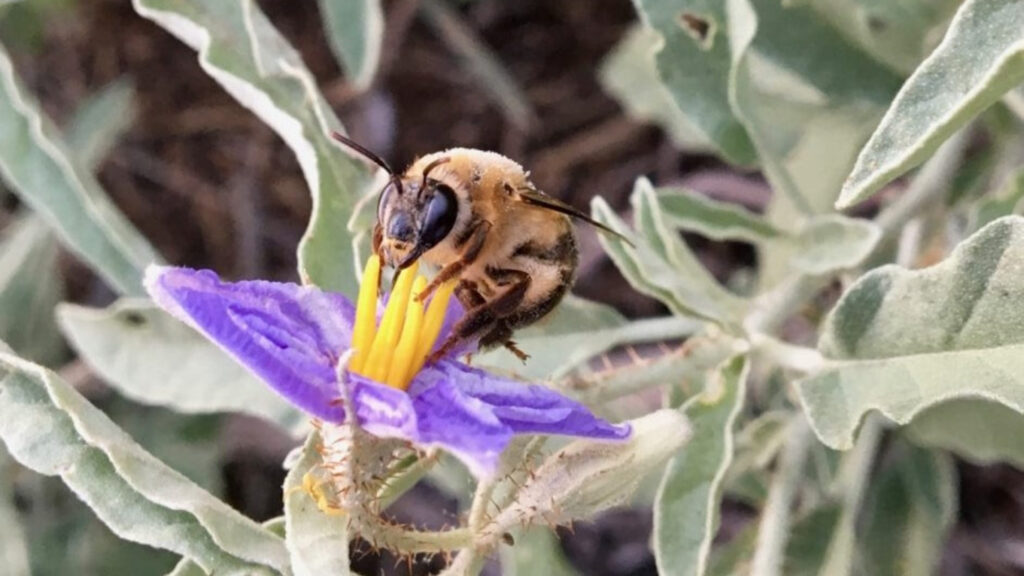
This image is property of www.sciencenews.org.
Implications for Bee Health and Ecosystems
The findings of this study have significant implications for bee health and the ecosystems they inhabit. The microbiomes of bees, including the dominance of lactobacilli bacteria, play a crucial role in their overall well-being. Understanding these microbial communities and their impact on bee health can inform conservation efforts and strategies for maintaining healthy bee populations. Additionally, the presence of lactobacilli bacteria in the brood cells of cellophane bees could potentially have an effect on pollination and plant communities in their habitats.
The Role of the School of Biological Sciences
The School of Biological Sciences at the University of California, Irvine played a vital role in this study. The researchers from UCI’s Department of Ecology & Evolutionary Biology contributed their expertise and resources to uncover the fascinating brewing abilities of cellophane bees. This research highlights the importance of studying insect biology and the contributions it can make to our understanding of the natural world.
This image is property of img.scoop.it.
About the University of California, Irvine
The University of California, Irvine is a renowned institution known for its academic achievements, premier research, and innovation. It is a member of the prestigious Association of American Universities and is consistently ranked among the top public universities in the nation. UCI is home to world-class researchers and scholars who are dedicated to pushing the boundaries of knowledge and making groundbreaking discoveries, such as the recent findings on cellophane bees.
Media Access Information
For media inquiries and access to UCI faculty and experts, radio programs and stations can contact the university through the provided contact information. This allows for interviews and further exploration of the research conducted by UC Irvine biologists on bees’ brewing abilities. The university is committed to providing access to its researchers and promoting the dissemination of scientific knowledge through various media channels.
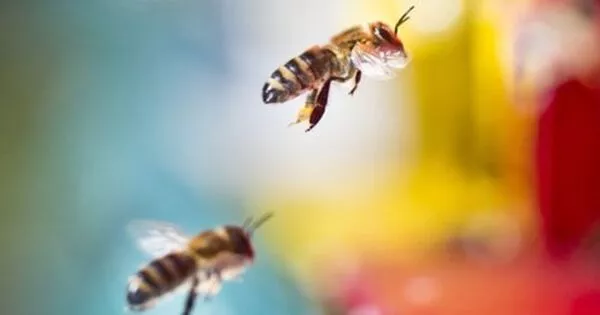
This image is property of assignmentpoint.com.
